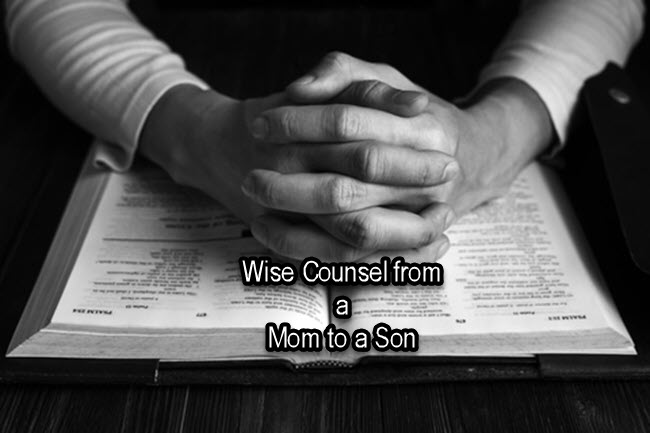Incomplete obedience is disobedience.
2Chronicles 19-23 How often do we know the right thing to do but instead, we falter, waver, and do not follow through. Jehoshaphat is a man of divided loyalties. He is all in for God until something catches his eye. Then he falters, wavers, and takes the wrong route. How like us. When all is going well, […]










